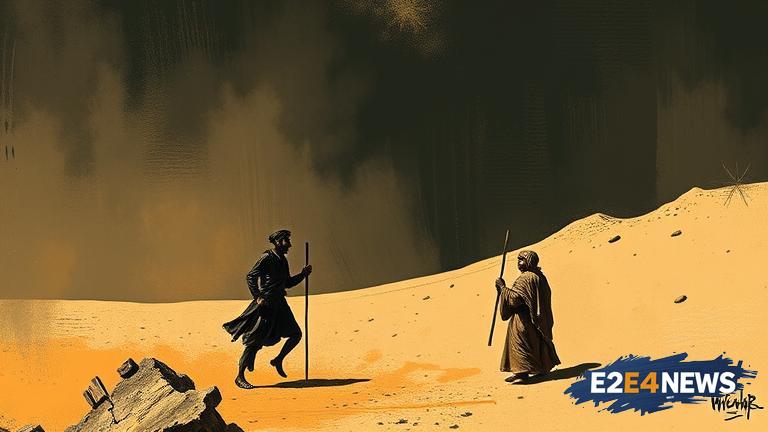The issue of colonial oppression is complex and multifaceted, with various groups and individuals playing significant roles in the perpetuation of injustices. From a Baloch perspective, the role of settlers is particularly noteworthy, as they have been instrumental in the displacement and marginalization of indigenous populations. The Baloch people, native to the region of Balochistan, have faced centuries of colonial rule, with various empires and nations seeking to exploit their land and resources. The arrival of settlers has often been accompanied by violence and coercion, as indigenous populations are forced to cede their land and rights. This has led to a legacy of trauma and dispossession, with the Baloch people struggling to maintain their cultural identity and autonomy. The settlers, often backed by colonial powers, have implemented policies aimed at erasing the Baloch identity and assimilating them into the dominant culture. This has included the suppression of the Baloch language, the destruction of historical sites, and the imposition of foreign customs and traditions. The Baloch people have resisted these efforts, with many engaging in armed struggle and activism to assert their rights and freedoms. Despite these efforts, the Baloch remain one of the most marginalized and oppressed groups in the region, with limited access to education, healthcare, and economic opportunities. The role of settlers in this oppression cannot be overstated, as they have worked to maintain their privilege and power at the expense of the indigenous population. This has included the exploitation of natural resources, the manipulation of local politics, and the use of violence and intimidation to maintain control. The Baloch perspective on settler oppression is one of resistance and resilience, with a strong emphasis on the importance of preserving cultural identity and autonomy. The struggle for Baloch rights is ongoing, with many calling for greater recognition and support from the international community. The issue of settler oppression is not unique to the Baloch, with many indigenous populations around the world facing similar challenges and injustices. However, the Baloch perspective offers a unique insight into the complexities of colonialism and the importance of indigenous rights and self-determination. As the world becomes increasingly aware of the injustices faced by indigenous populations, it is essential to listen to and amplify the voices of those most affected, including the Baloch people. By doing so, we can work towards a more just and equitable world, where the rights and freedoms of all individuals are respected and protected.
